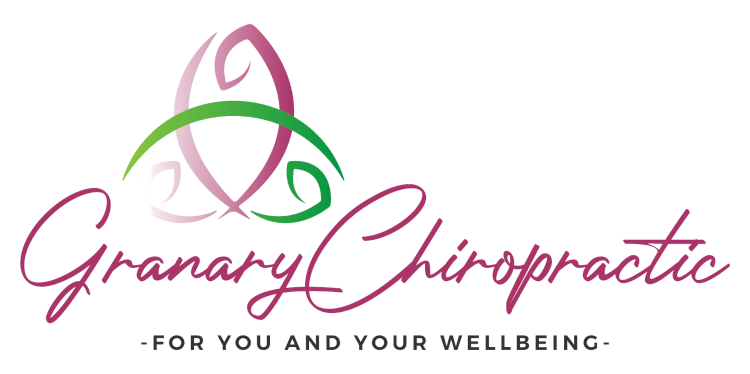
What is Chiropractic?
As Chiropractors we see your body as being naturally clever. It is always carrying out thousands of actions. We don’t think about our heart beating or our food being digested, it just happens. This information is then fed back to our brain via our spinal cord in a feedback loop. The Central Nervous System is the feedback loop, and it works without you having to think about it. Every part of your body is connected through the Central Nervous System, with the spine protecting the vital main trunk of nerves.
By working on the spine with gentle specific impulses that we call ‘adjustments’, the signals can be changed as they pass to and from the brain, so by working on your back we can influence your entire body. Chiropractic then uses this system to help create ease within the body.
This is why Chiropractors focus on your spine!
We help create health within the body by trying to make sure that there is no issue with the flow of information connecting your body and brain. This helps the nervous system be at ease. Chiropractic care can help you to notice and act on the signals the body is giving you before problems arise.
Health comes from inside and influences how you experience the world around you. Being symptom free and connected to our body allows us to live our life in the way that we want to. The focus of Chiropractic isn’t to fight illness or stress, it is to help your system be as flexible as possible. You will never stop outside influences, but you can have a system that rolls with the punches.
How does stress affect healing?
We take in information from both inside and outside of our body and our nervous system then decides the best way to respond. We make different choices depending on the level and number of stresses and if these stresses are too much, the body locks down into protection mode.
In the short term, physical, chemical and mental stressors cause our body to adapt and to cope. As time goes on however, these become habits which begin to have a negative impact on your health. For example, an increased heart rate is good in the short term to run away from a perceived danger, but long term can damage the heart. Or hiding away from danger or stress in the short term can be good to protect us, but long term doesn’t allow us to leave the house.
For you to be healthy, your nervous system needs to be in balance. This means that there are more things in your life supporting and creating health, than taking away from it. When a key area of your health gets out of balance, it knocks all the other areas, like when the tracking gets knocked on your car, it starts to impact your wheels, brakes, suspension etc.
There are three main areas in which we lose our health, known as the three T’s, Thoughts (emotional stress), Trauma (physical stress) and Toxins (chemical stress). When you have too many T stresses in your life, your body shifts into a chemical state of stress known as fight or flight where it feels threatened. Your body can no longer switch off, sleep, digest or heal properly until it feels safe again. You may also go a step further and freeze. This freeze state is even harder to get out of.
Your posture is a window to your nervous system
Your posture shows the relationship between your head, shoulders and pelvis. This can reflect how much stress you are under and any physical changes that have happened. Assessing your posture is one simple and effective way of measuring how much stress you have been under and how your body has changed as a result. Our goal is to re-balance your posture so that important nerve signals can pass freely and easily between your body and brain. In simple terms, we feel our thinking, so what happens in our brain is reflected in our body.
Your brain as the master controller
As the master controller of your body, your brain has to process many millions of pieces of information at once. How well your brain is managing to do this is reflected in the examination we do with you. For example, balance, spatial awareness and co-ordination are all ways that we can measure how well your brain is working and communicating with your body.
But the health of your brain is also reflected in how well you:
- Sleep
- Digest your food
- Concentrate
- Balance your hormones
- Manage your energy
- Overcome bad posture, surgery and injury
- Fight disease and heal
The rhythm of chiropractic care
Anything that requires change in your body such as losing weight, training to run faster or learning to dance, takes time and repetition. Your body and nervous system are the same and need to unlearn old, unhealthy patterns and shift into new, healthier patterns. This is why as Chiropractors we normally recommend an intensive period of adjustments before tapering off to suit your lifestyle and goals. Ultimately, how you respond to Chiropractic care depends on your own uniqueness. Your age, life history, lifestyle and circumstances will all play a part in how you heal. By allowing yourself at least six months, you give yourself a chance to appreciate the true benefits of the healing nervous system.
Sending you all love in Chiropractic, Kat x


